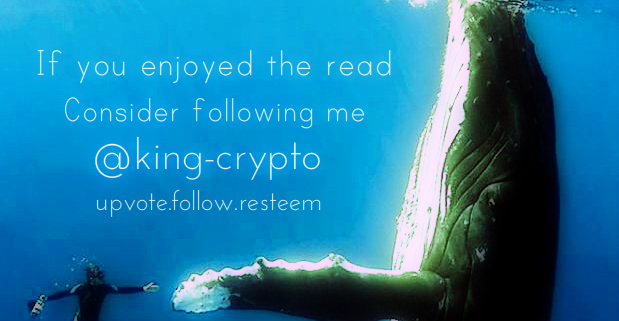The Talos Principle - A Sublime Masterpiece, Flying Under the Radar - Gaming Review
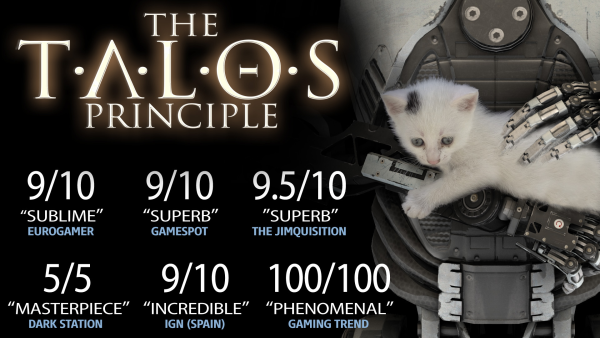
What is The Talos Principle about?
The Talos Principle is a first-person story-based puzzle game set in the ruins of a mysterious, ancient land devoid of human activity. At the outset of the game, you are greeted by a seemingly omnipotent voice in the sky who leads you through the game world. Additional interaction comes from terminals scattered throughout the puzzles, which are filled with fragmented historical texts relevant to your situation, as well as various other notes and old messages. If you pay attention, these bits of information can really clue you in about the truth behind your existence and identity, that of the voice in the sky, and much more.
The base game is divided into three worlds of different historical themes, with a main hub world connecting them. Each world contains several areas filled with puzzles, gradually increasing in difficulty and complexity as the game continues. A few of the mechanics take inspiration from Portal and its sequel, but expand greatly beyond the technical scope of those games. As levels in The Talos Principle are completed, more advanced puzzle-solving tools are unlocked, hugely enhancing the diversity of the gameplay.

Gameplay
You play an artificial being (sort of a robot or android) and are awakened by a mysterious voice calling itself ELOHIM, who gives you the task of solving his riddles. And you do as you’re told. Why? That’s what you have to ask yourself over the course of the game.
The puzzles are very easy in the first two levels, but starting from the third level, they really step up a notch.
You start off by using a very simple tool (the jammer), with which you can shut down electrical devices, later on you can unlock more and more devices to bypass even more enemies or obstacles and sometimes you have to combine some of them in a completely new way or just change your point of view to reach the Tetris style jigsaw piece. In the "limbo" world you are left to roam and explore this strange environment and uncover traces of other subjects that have presumably been here before you.
Level Design
I felt that the level design of the game was largely well-done, especially because the developers were extremely careful to make levels uncheatable, with very few exceptions. The placement of items, enemies, doors, and gates, the height and positioning of walls, and even the shape of terrain is designed specifically for each of the puzzles: there are no boring copy+paste repeats of previous ventures. Most of the solutions are pretty intuitive, and the game tends to have a few cryptic hints lying around if you get stuck.
You can easily determine the general difficulty of each level by the color of the sigil at the end, which is the prize for completing it. The game also very clearly marks the location and difficulty of each puzzle on appropriately-placed signs, and even points out how many hidden stars are in an area (although it is up to you to find them). This makes navigating each area of the game feel quite natural: it is basically impossible to get lost. If you can collect enough stars, they can be used to gain access to a bonus star world with additional challenges.
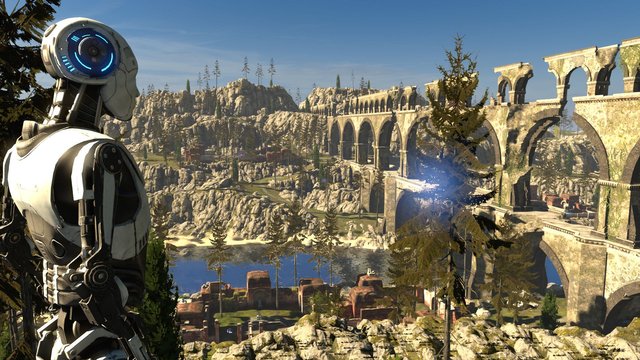
Graphics
The visual aspect was so intriguing, I often forgot I was staring at a computer screen, especially in the first, Greco-Roman world. The soundtrack touches you right down to your soul. It brings out emotions I have often not felt before, and truly immerse you in the game, bringing out thoughts of philosophy. The story, oh the story. Not so much the 'common story element', but more so, what it is all about. It is metaphysically enchanting. It is playing this game that I experienced some of the deepest philosophical ideas I have ever had. The game makes you question what it is to be human, it makes you question the world, and everything around you, but in a truly spectacular way.
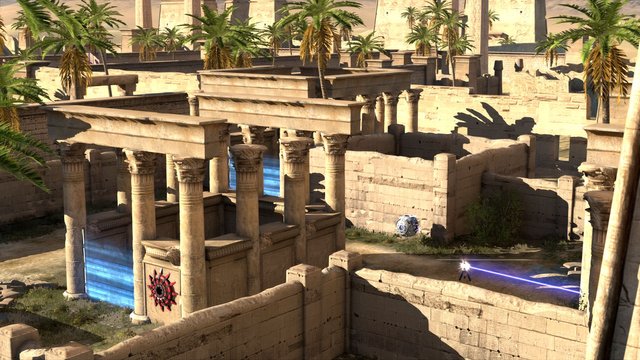
Pros
- Wealth of content, with over 100 different levels you'll be kept busy for many hours
- Beautiful game in terms of scenery and the soundtrack
- Many different mechanics introduced and built upon as the game progresses
- Great characters that all contribute a lot to different aspects of the story
- Thought provoking story with consistent philosophical questions presented to the player
- Large range of difficulty with a lot of the more optional content being the hardest sections of the game
- Loads of optional content including cleverly hidden easter eggs and paths to different game endings
- Insane amount of game and graphic settings that ensures the game runs on most computers
- Little to no downtime or loading between puzzles and hubs
- Steam Workshop integration introduces some new content

Cons
- Clunky movement at times, doesn't really impact ability to complete puzzles but it will occasionally feel odd
- Some puzzles can feel overly similar to ones you've just recently completed
- Save system is automatic, so trying to get different endings in one playthrough can be overly difficult
- The final game mechanic that is introduced is used very lightly and could have been expanded on
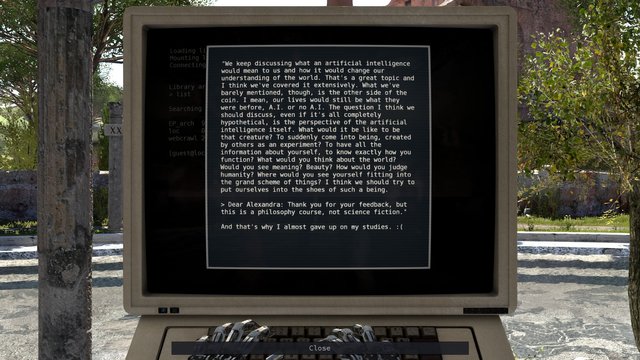
The Trailer:
Verdict
90/100
The game is set in beautifully nuanced, digitally simulated world with a bittersweet backstory told through found texts and voice recordings. It presents a compelling commentary on faith, technology, philosophy, and trans-humanism while not taking a galvanizing stance on any of them. There's a few pop-culture references and computing jokes sprinkled throughout the narrative, and I also found hilarious easter eggs. if you're a fan of challenging puzzle games, this Title is CERTAINLY for you!
Thanks for Reading Steemer!
If you have any questions or thoughts about the game or review, be sure to leave a comment!
If you enjoyed my content, please Upvote, Follow and Resteem too! It's good Karma!
